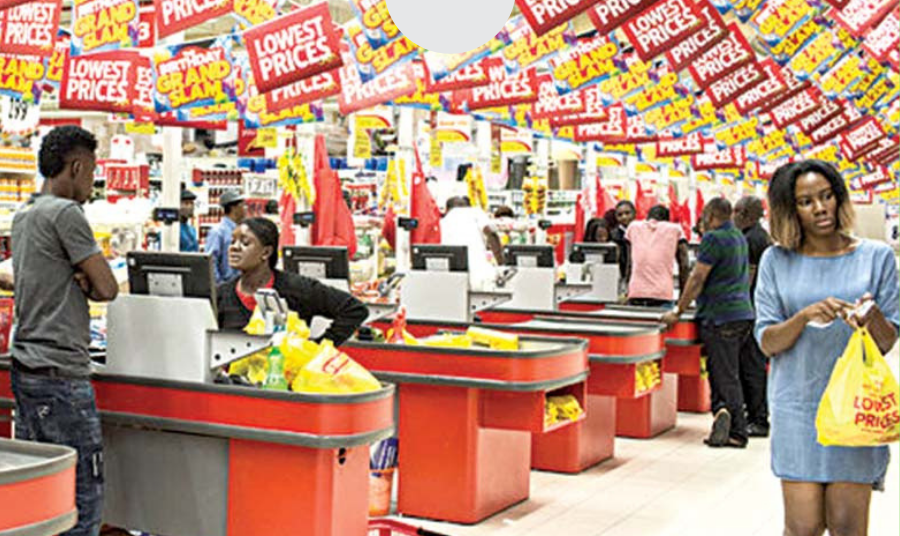- The Central Bank of Nigeria (CBN) further improved the liquidity in the financial system, through an OMO repayment valued at NGN101.53bn. In spite of this fund injection, average money market rates climbed marginally by 0.09% (8.17%), as the OBB (+0.50%) and OVN (-0.33%) rates advanced and declined accordingly. NIBOR also inched up by 6pbs to settle at 14.26%, even as rates across all tenors trended southwards, save for the CALL rate which appreciated by 0.66%.
- Market sentiment towards T-bills instruments skewed near the longer term of the yield curve, just as average yield across tenors pared by 0.17% (14.73%). The 9M (0.96%) and 12M (0.56%) tenors recorded the highest decline, while the 1M and 3M tenors accounted for the highest yield increase of 0.23% apiece.
- Contrary to expectation given the JP Morgan GBI-EM Index news, significant rally was witnessed across the Benchmark and Off-the-Run bonds. Unlike yesterday’s outing, investment sentiment skewed away from the longer term bonds to the short and medium termed bonds, thereby settling the average yield across tenors at 15.46% (-0.18%).
- According to Reuters, Nigeria’s bond market regulator imposed a new spread limit on Thursday, to mitigate the fallout after the country’s expulsion from a major JP Morgan bond index.
- Traders said the FMDQ, a regulator comprising Nigeria’s main commercial banks and the central bank, widened the bid-ask spreads on bond trading to 1 naira from 0.30 naira to contain volatility, helping to moderate a debt market sell-off.”Without it, the market would have frozen and there would have been no offer for quotes. We’ve done the best thing in terms of risk management,” Bola Onadele, FMDQ’s managing director, told Reuters.
- The yield on Nigeria’s benchmark 2024 bond eased to 16.63 percent on Thursday from the previous day’s close of 16.68 percent. It had spiked to 17 percent on Wednesday after JP Morgan’s announcement.
- Naira waned by 0.40% against the greenback to settle midpoint at NGN198.13/USD.
[JP MORGAN THREAT] Nigerian Bonds Stage a Comeback
Nairametrics
Nairametrics is Nigeria's top business news and financial analysis website. We focus on providing resources that help small businesses and retail investors make better investing decisions. Nairametrics is updated daily by a team of professionals. Post updated as "Nairametrics" are published by our Editorial Board.
Business News | Stock Market | Money Market | Cryptos | Financial Literacy | SME |
Recent News
Air Peace – just before the crash
April 16, 2024












